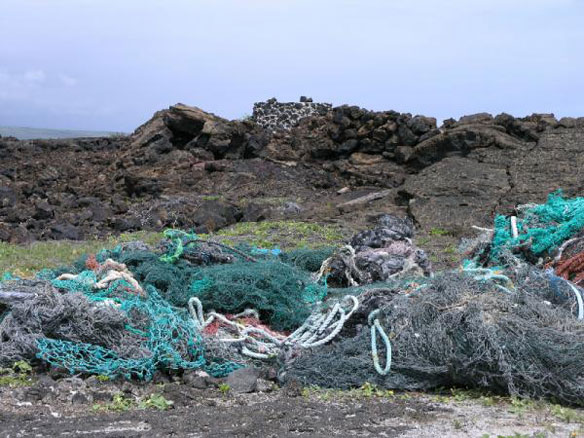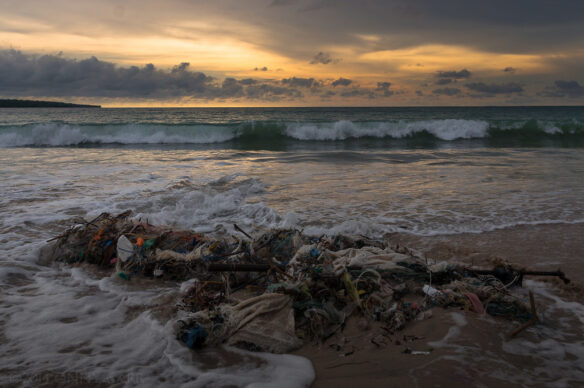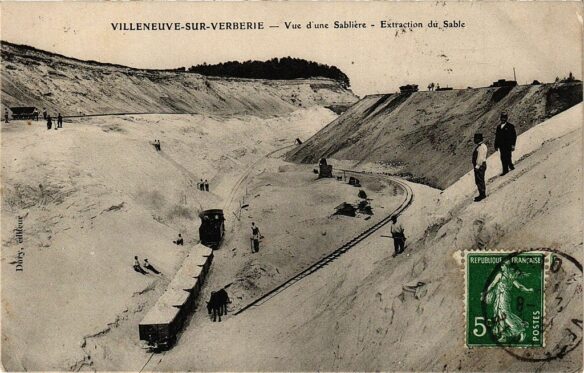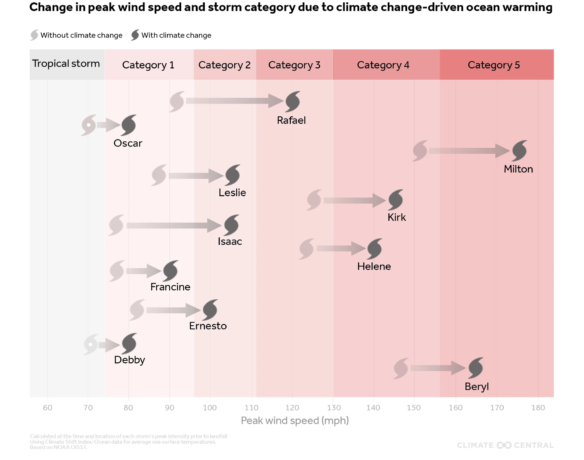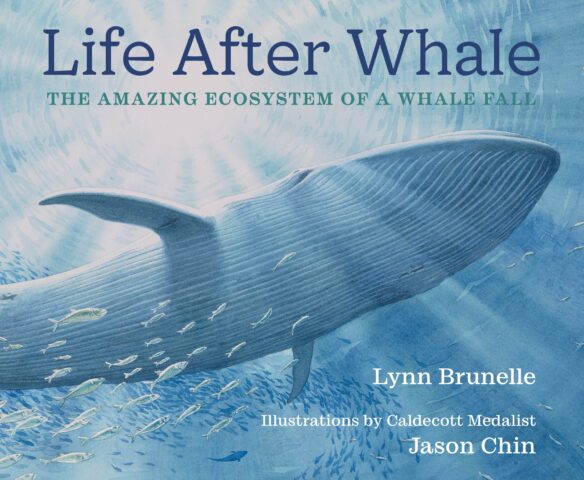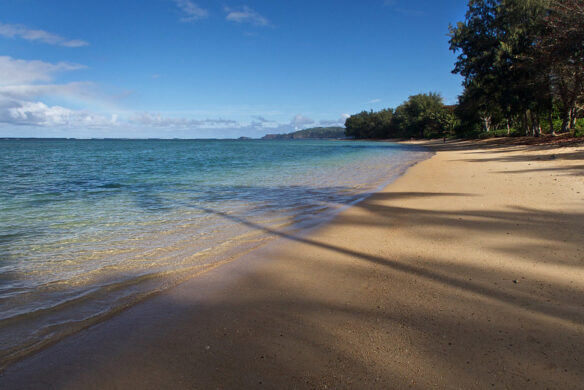
Fishing net and other debris were found on a beach Hawaii. Photo source: NOAA Marine Debris Program
By NOAA
Summer is around the corner and millions of people worldwide will be heading to beaches and waterways for sun and fun. Will they find clean beaches and clear waterways?
With bottles, cans, abandoned or lost fishing gear and other marine debris washing up on our shores each year, the University of Georgia and NOAA have teamed up to create a new, innovative cell phone reporting mechanism to combat the marine debris problem. This high-tech tool, or app, tracks where marine debris is accumulating and gives anyone with a “smart phone” an opportunity to be a part of the solution.
The easy-to-use Marine Debris Tracker app can be downloaded free for use on iPhones and Android phones. The simple tool allows users to report the type of debris and its location through GPS features pre-installed on a cell phone. The data reported are posted at www.marinedebris.engr.uga.edu for viewing and downloading. The app also encourages users to recycle or properly dispose of the trash they find.
Jenna Jambeck, assistant professor for the Faculty of Engineering at UGA and one of the app’s developers, says the app is one way the initiative is trying to reach people and raise awareness of marine debris.
“If you are noticing marine debris, you are also much less likely to litter,” says Jambeck. “While this app collects data, one of its primary goals is to educate the public about marine debris and its harmful impacts.”
Marine debris can kill or injure wildlife when animals ingest it or become entangled in it. The debris can also have an economic impact on the tourism industry and other coastal businesses by affecting the beauty and cleanliness of beaches and waterways.
Jambeck and co-developer Kyle Johnsen, her colleague from the Faculty of Engineering at UGA, hope that the Marine Debris Tracker tool will help city officials make decisions about how to handle marine trash, from supplying extra trash cans to providing opportunities to recycle or dispose of abandoned or lost fishing line and other gear.
The new smart phone app was made possible through SEA-MDI, a new regional partnership between the NOAA Marine Debris Program and a consortium of organizations in Georgia, South Carolina and North Carolina. The initiative aims to create collaborative regional strategies that address marine debris prevention, reduction and mitigation.

